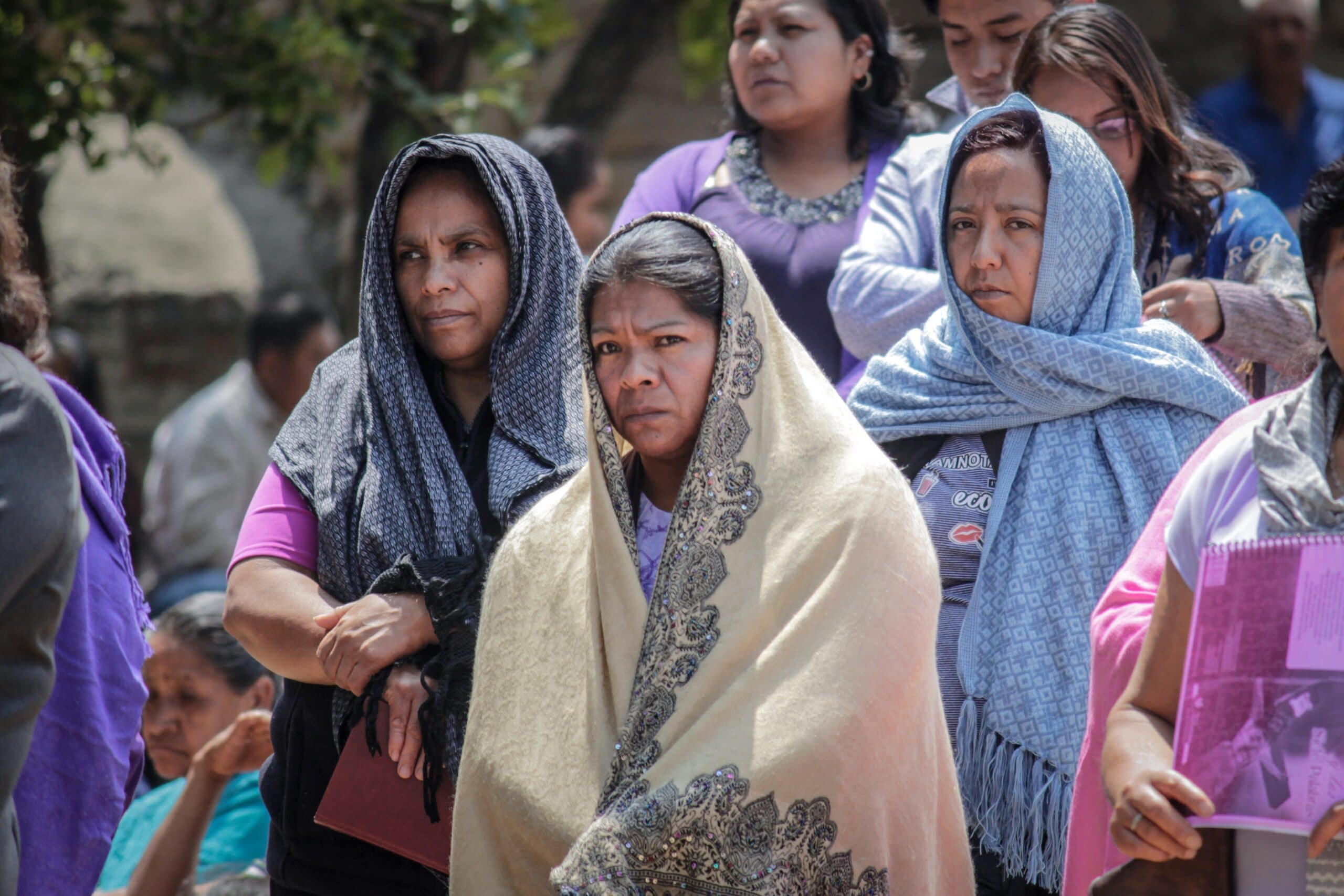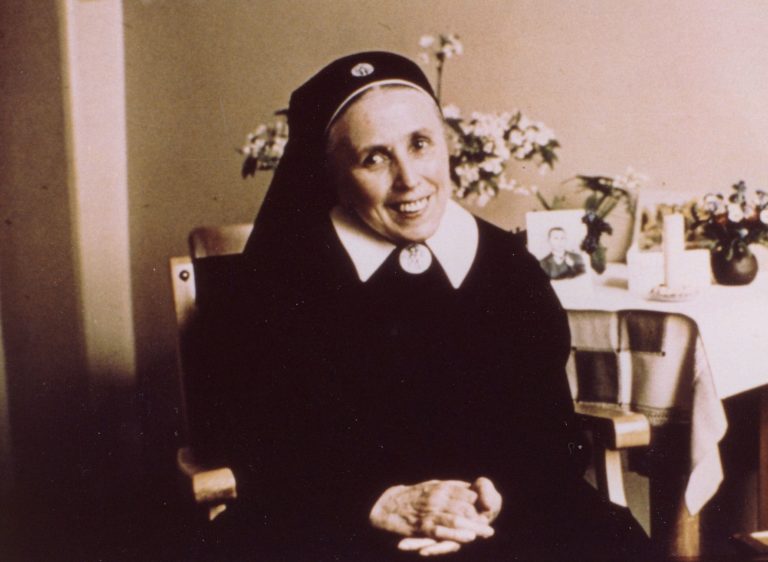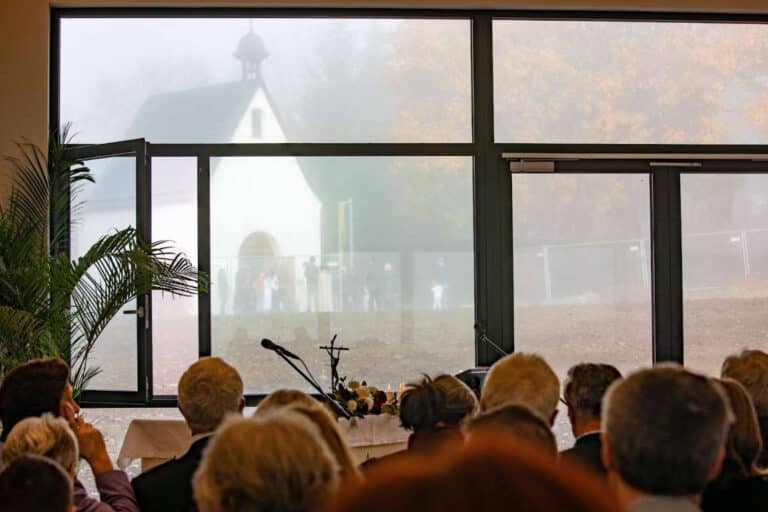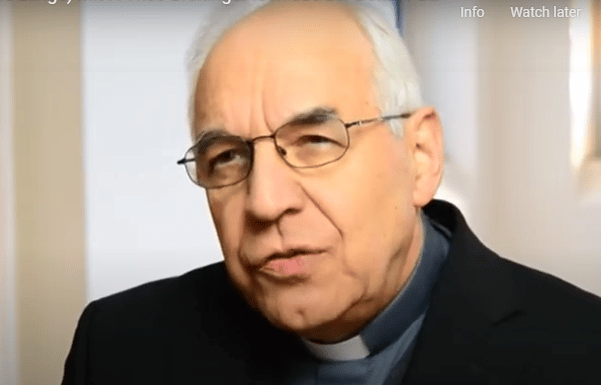A challenge for our time
One of the most challenging issues we have as women’s branches within the Schoenstatt Movement is to understand the historical processes starting from their roots. That is, to understand the present time not as the result of superimposed ideologies that determine specific events, but as underlying forces that mature over the years, so that one can grasp God’s will and act accordingly.
Today women and feminism are undoubtedly an underlying force that is shaking everything we considered stable and solid: the male-female relationship as a fact based on biology, on the psyche, on society, no longer feels so stable or so solid.
The various gender theories have undermined that certainty, women have taken autonomy over the family/motherhood project, and the values upheld within our Movement, as well as those of the Church, are strongly questioned not only by people who are not members of the Church, but also by the women who are part of it.

The Formation of Women’s Branches
One of the most challenging issues we have as women’s branches within the Schoenstatt Movement is to understand the historical processes starting from their roots. That is, to understand the present time not as the result of superimposed ideologies that determine specific events, but as underlying forces that mature over the years, so that one can grasp God’s will and act accordingly.
Today women and feminism are undoubtedly an underlying force that is shaking everything we considered stable and solid: the male-female relationship as a fact based on biology, on the psyche, on society, no longer feels so stable or so solid.
The various gender theories have undermined that certainty, women have taken autonomy over the family/motherhood project, and the values upheld within our Movement, as well as those of the Church, are strongly questioned not only by people who are not members of the Church, but also by the women who are part of it.
Change in women’s perspective

Women’s perspective has changed, and this change cannot produce fear and hiding among our ranks. It must challenge us to get to know in depth our times, its arguments, its anthropological perspectives, which are always changing, because human history is in permanent change. Only God is unchanging and therefore man must become experienced in seeking God in worldly events, which is where He manifests Himself.
Women are raising their voices in the face of injustices that cry out to heaven, injustices that imply the feminization of poverty, the drama of abortion and the limited support for women who find themselves alone in the face of an unwanted and unforeseen pregnancy. Who takes care of them, what civil society supports them when many times they cannot cope with their own lives and it is assumed that they must take care of another life that is on the way? These dramas go beyond the debate on abortion. These dramas reveal a society that has stopped caring for women and children, placing single-minded views over relational and social perspectives.
These are some of the issues that feminisms are showing us. And many times the Catholic Movements do not pay attention to them because of a mistaken prejudice and because of the little formation on women’s issues that we have within the Catholic Church in general, as well as within Schoenstatt in particular.
A revision of the educational programs of our feminine branches (the masculine branches should also do the same. And if this revision is done jointly, it would be an expression of outstanding maturity) is a fundamental priority if we do not want young women who approach Schoenstatt to run away terrified by a rigid, narrow-minded discourse, incapable of discerning the voice of God in these new perspectives on women, men, and the relationship between them.
To maintain that a woman is “all soul, all surrender, all purity”, deserves at least a critical look in view of the present times. At least, that is the Kentenich method: observe, compare, reduce to principles, and apply. If we have to reinterpret our Father and Founder in light of the present times, we have to do it with courage and without fear of getting rid of some matters that in Father Kentenich’s era were done a certain way. Take a look at the marvel that is the incarnation of Jesus. It shows us that the historical time is relevant and that one has to look beyond history, while being nourished by it.
On the day where we celebrate women, may we broaden our gaze and take Mary as our model, the courageous, determined, firm, loving woman who, from her womanhood, assumed the will of God with her innermost soul.



